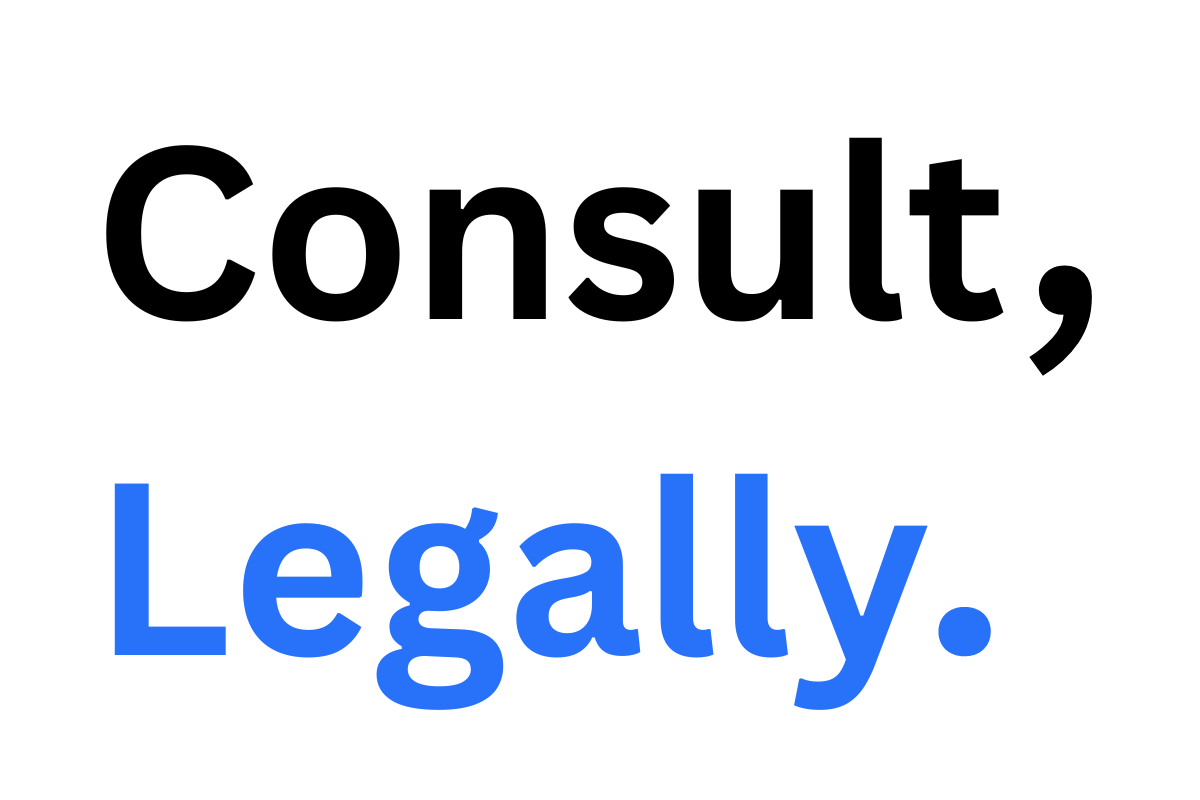Expungement is a legal process that allows individuals to have their criminal records erased or sealed, which can significantly improve their chances of securing employment, housing, or loans. However, even after an expungement, there are situations where you may be legally required to disclose your past convictions. While expungement is meant to provide a fresh start, it doesn’t completely erase your record in every context. Understanding when you must disclose an expungement is essential to avoiding legal complications.
This article will guide you through the general rules surrounding expungement in the U.S., highlighting the circumstances under which disclosure is required. We will also cover what expungement means, how different states handle it, and the implications for job seekers, license applicants, and others who may need to disclose past offenses.
What Is Expungement?
Expungement refers to the process of legally removing a criminal conviction from your record. Once an offense is expunged, it is as though the crime never occurred in most contexts. Your criminal history won’t show up in background checks by employers, landlords, or the general public. Expungement provides a path to redemption, allowing you to move on from past mistakes without the stigma of a criminal conviction following you.
However, expungement laws vary by state. Some states allow both misdemeanor and felony convictions to be expunged, while others limit expungement to minor offenses. In some states, certain crimes—like violent offenses, sex crimes, or repeat offenses—may never be eligible for expungement. Additionally, the rules regarding who has access to expunged records and when you must disclose an expungement also differ from state to state.
When Expungement Doesn’t Mean “Gone Forever”
While expungement can clear your record for most everyday purposes, it does not completely erase the existence of your past conviction. In certain situations, you may be legally obligated to disclose an expunged conviction. This obligation varies depending on the state and the specific situation, but there are several common circumstances where disclosure is required.
1. Applying for Professional Licenses
If you are seeking a professional license—such as a law license, medical license, or any state-issued certification to work in regulated professions—you may be required to disclose an expunged record. This requirement typically applies to professions where the public trust is a key component of the job, such as:
- Lawyers
- Doctors and nurses
- Accountants
- Teachers
- Real estate agents
For example, if you are applying to take the bar exam to become a lawyer, many state bar associations will ask if you have ever been convicted of a crime, even if the conviction has been expunged. In many states, licensing boards and agencies responsible for regulating professions have access to expunged records and will require you to disclose them as part of the application process. Failing to do so could lead to serious consequences, including the denial of a license or revocation of a license after it’s been granted.
2. Law Enforcement and Government Jobs
If you are applying for a job in law enforcement or with a government agency, especially at the federal level, you will likely be required to disclose any expunged criminal convictions. This includes jobs with agencies such as:
- The FBI
- The CIA
- Homeland Security
- Local and state police departments
- Correctional facilities
Even for administrative or support roles within these agencies, expunged records may be scrutinized. Positions involving national security, law enforcement, or handling sensitive information are held to a higher standard, and agencies may have access to expunged records.
Similarly, if you are seeking employment with any branch of the U.S. military, expunged convictions must usually be disclosed. The military requires full transparency in background checks, and failing to disclose expunged offenses could result in disqualification.
3. Jobs Involving Children or Vulnerable Populations
If you are applying for a job that involves working closely with children, the elderly, or vulnerable populations, such as in healthcare, social work, or education, you may be required to disclose an expunged conviction. Many states have laws that require background checks for jobs in:
- Schools (public and private)
- Daycares
- Nursing homes
- Hospitals
- Group homes
In these professions, employers often conduct more thorough background checks, and expunged records may still be visible or accessible. Some states have laws specifically mandating that job applicants disclose any past convictions, even if they have been expunged, for positions that involve a high level of responsibility and trust with vulnerable individuals.
4. Applying for Public Office
If you decide to run for public office, you may be required to disclose expunged convictions. While the specific rules vary by state and the level of office you’re running for, candidates for elected positions are often held to higher standards of transparency. This includes disclosing any past criminal convictions, even if they have been legally expunged.
Elected positions such as governor, state representative, mayor, city council member, or even local positions like school board members may require full disclosure. The reasoning behind this is that the public has a right to know about the background of candidates who are asking for their trust and votes.
5. Firearm Purchases and Concealed Carry Permits
Gun ownership is another area where expunged records may still come into play. Depending on the state where you live, an expunged conviction could impact your ability to purchase a firearm or obtain a concealed carry permit. Federal law prohibits individuals with certain types of criminal convictions from owning or possessing firearms, and in some cases, an expunged record may still be considered in determining eligibility.
For example, if you were convicted of a felony and later had the conviction expunged, the federal government may still view you as ineligible to own a firearm under federal law, despite the expungement. Some states also require individuals to disclose expunged records when applying for concealed carry permits or other firearm licenses.
6. Immigration and Citizenship Applications
Expunged convictions can also affect immigration status. If you are applying for a visa, green card, or U.S. citizenship, any expunged convictions must be disclosed to immigration authorities. The U.S. Citizenship and Immigration Services (USCIS) and other immigration agencies conduct thorough background checks, and failure to disclose expunged offenses can result in denial of immigration benefits or even deportation.
Even though a conviction has been expunged, immigration authorities may still consider it when assessing whether you meet the “good moral character” requirement for citizenship or other immigration benefits.
7. Disclosing Expunged Records in Civil Lawsuits
In some cases, expunged records may need to be disclosed during civil litigation. If you are involved in a lawsuit, particularly one where your character or credibility is at issue, a court may order the disclosure of your expunged criminal record. For example, if you are testifying in a personal injury lawsuit or a divorce case, the opposing party may seek access to your expunged record to challenge your credibility.
In most cases, the court will decide whether an expunged record is relevant to the legal proceedings. If it is deemed relevant, the expunged record may be disclosed to the other parties involved in the case.
Why You Shouldn’t Hide Expunged Convictions
It may be tempting to avoid disclosing an expunged conviction, especially in situations where it seems like the record has been erased. However, failing to disclose an expunged conviction when required can lead to serious consequences. Depending on the situation, failing to disclose a conviction could result in:
- Denial of a professional license
- Job termination if your employer discovers the expunged record later
- Revocation of a government security clearance
- Disqualification from holding public office
- Legal penalties for lying on an application
Moreover, many licensing boards, employers, and agencies may view honesty and transparency more favorably than the actual conviction itself. Being upfront about an expunged conviction demonstrates integrity, and in many cases, the fact that the record has been expunged shows that you have taken steps to rehabilitate yourself and move on from past mistakes.
Consult an Attorney for Guidance
The laws surrounding expungement and the disclosure of expunged records are complex and vary widely by state. If you are unsure whether you need to disclose an expunged conviction in a particular situation, it’s a good idea to consult with an attorney who specializes in criminal law or expungement.
An attorney can help you understand your rights and obligations under your state’s laws and ensure that you avoid any legal pitfalls when applying for jobs, licenses, or other opportunities.
Conclusion
While expungement offers a valuable second chance for individuals with past criminal convictions, it’s important to understand that it doesn’t entirely erase your record in every situation. In some cases, you may be required to disclose an expunged conviction, particularly when applying for professional licenses, law enforcement jobs, positions involving vulnerable populations, firearm permits, or public office. Being honest about your past, even if your record has been expunged, is essential to maintaining trust and avoiding legal complications. Always seek legal guidance to ensure you’re complying with state-specific rules on expungement disclosure.

